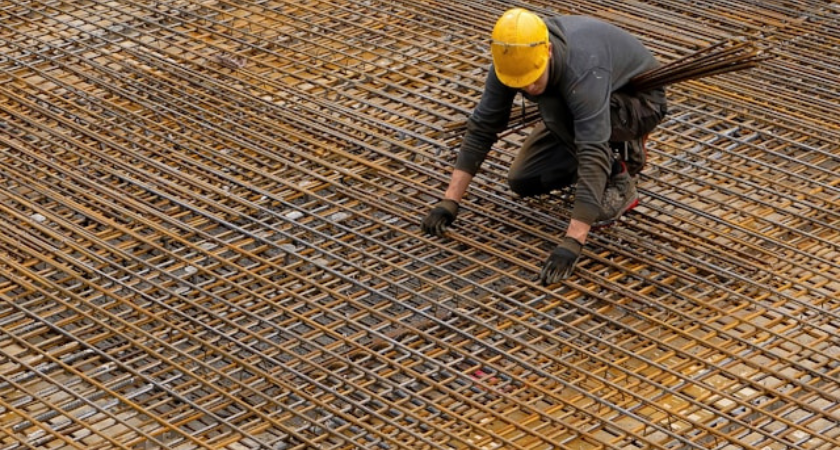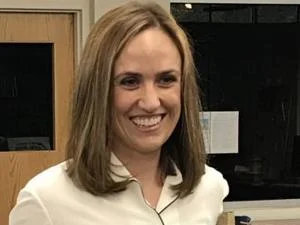
MOUNTAIN LAKES — Student performance, facility improvements, and steep financial pressures dominated Monday night’s Board of Education meeting, where administrators highlighted notable academic achievements while stressing costly infrastructure and budget concerns.
.jpg)
Superintendent Brad Siegel opened the session with a report showing that district academics continue to outperform state averages, despite national concerns about post-pandemic learning gaps. The presentation showed steady success across most grade levels, reinforcing the district’s reputation for strong instruction and student support.
Assistant Superintendent Ivonne Ciresi provided an in-depth overview of the latest New Jersey Student Learning Assessment (NJSLA) data. She pointed out that 98% of sixth-grade students met or exceeded expectations in English Language Arts (ELA), a figure far above statewide averages. She also praised the district’s third graders—many of whom took the assessment for the first time with impressive results.
However, she acknowledged a challenge consistent with statewide trends: weaker outcomes among ninth-grade students. Ciresi reported that scores dropped particularly in fiction reading comprehension, mirroring declines seen in districts across New Jersey. She emphasized that curricular review is underway but added that the district remains committed to maintaining strengths in other content areas.
In addition, administrators highlighted steady growth in Advanced Placement participation and performance. The number of students earning the prestigious AP Capstone Diploma continues to rise, a key indicator of college readiness. Officials said the overall AP scoring track record remains “strong,” marking another year of academic momentum.
The board shifted attention to the district’s turf field project, one of Mountain Lakes’ largest recent infrastructure investments. Construction teams found unexpected drainage lines that required redirection, leading to contract changes and timeline adjustments.
Finance Committee Chair Lauren Silva McIntyre clarified that the required changes did not inflate pricing or result in extra contractor profit, saying the costs were aligned with what they “would have been in the original bid.” This ensured that the community’s $1.2 million turf investment remained financially protected.

The turf, located behind Briarcliff School at the Pit, will serve athletic programs across both the school district and the borough’s recreation department. Completion is still expected by the end of 2025.
Business Administrator James Riley delivered one of the night’s most pressing updates, warning that rising employee healthcare costs are significantly straining the budget. He noted that employer healthcare expenses have risen more than 34% in recent years and that another 38% hike is projected in 2026, which could impose a budget impact of $1.4 million.
With staffing costs making up the bulk of school budgets, administrators cautioned that such increases will influence future planning and possible cost management strategies.
The meeting also highlighted a recent district-wide professional development day featuring educator-led training sessions. Teacher feedback, officials reported, was overwhelmingly positive, indicating strong support for collaborative, teacher-driven growth initiatives.
Committee chairs ended the evening by outlining next steps across curriculum, finance, personnel, and facilities as preparations begin for the coming budget cycle.
Originally reported by JOE MURRAY Contributing Writer in New Jersey Hills.